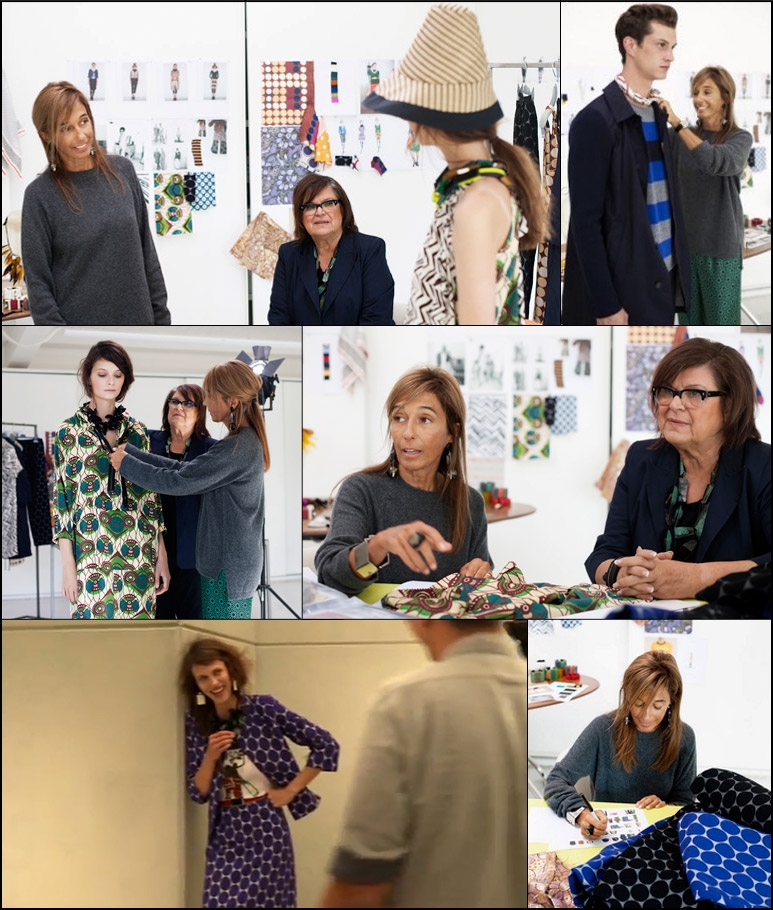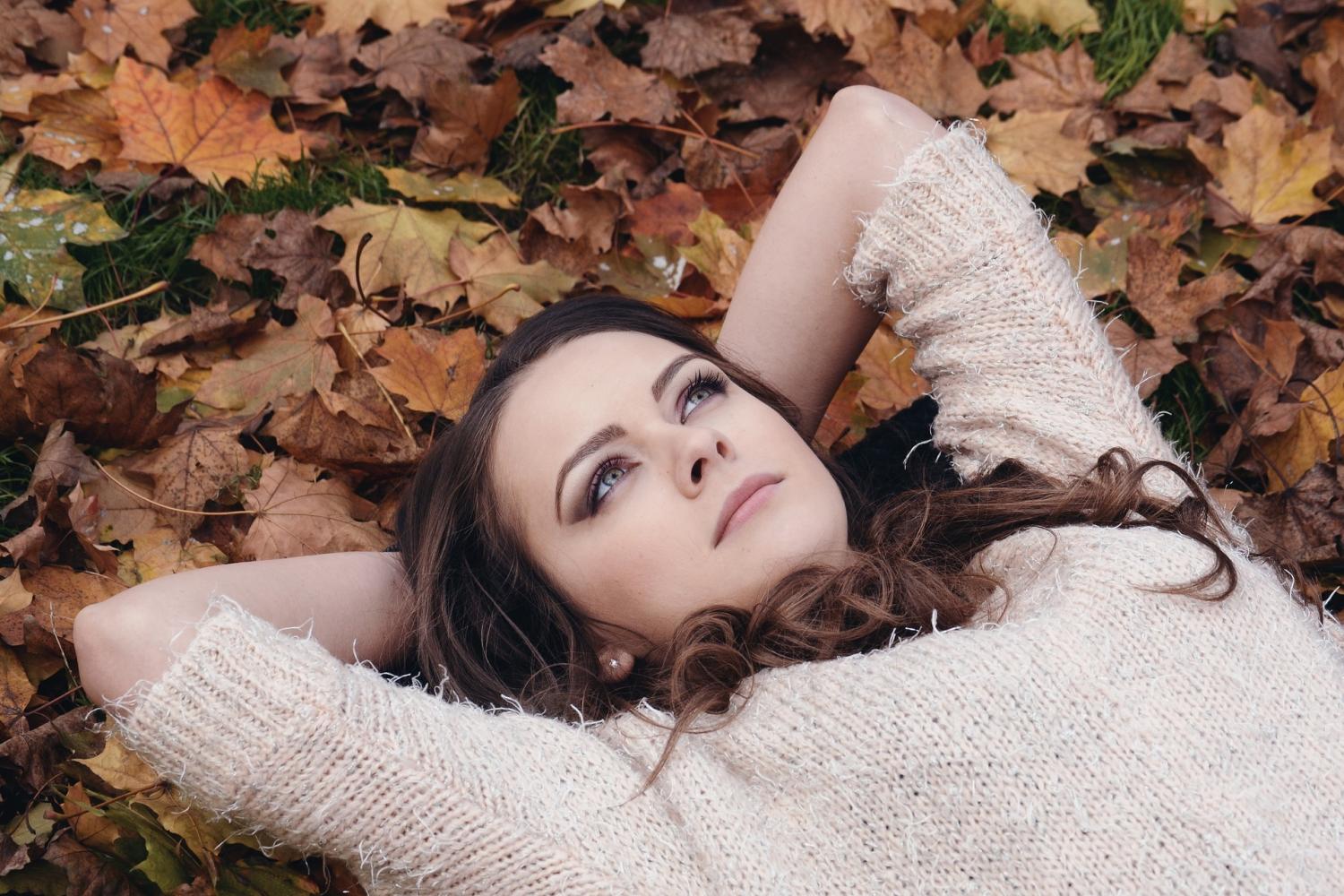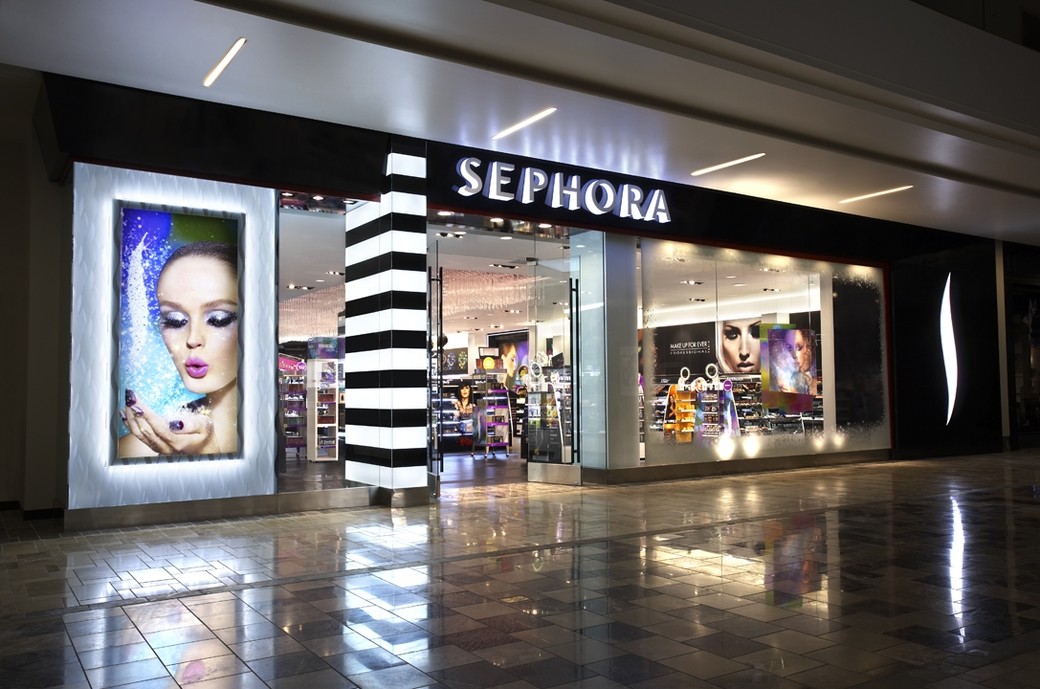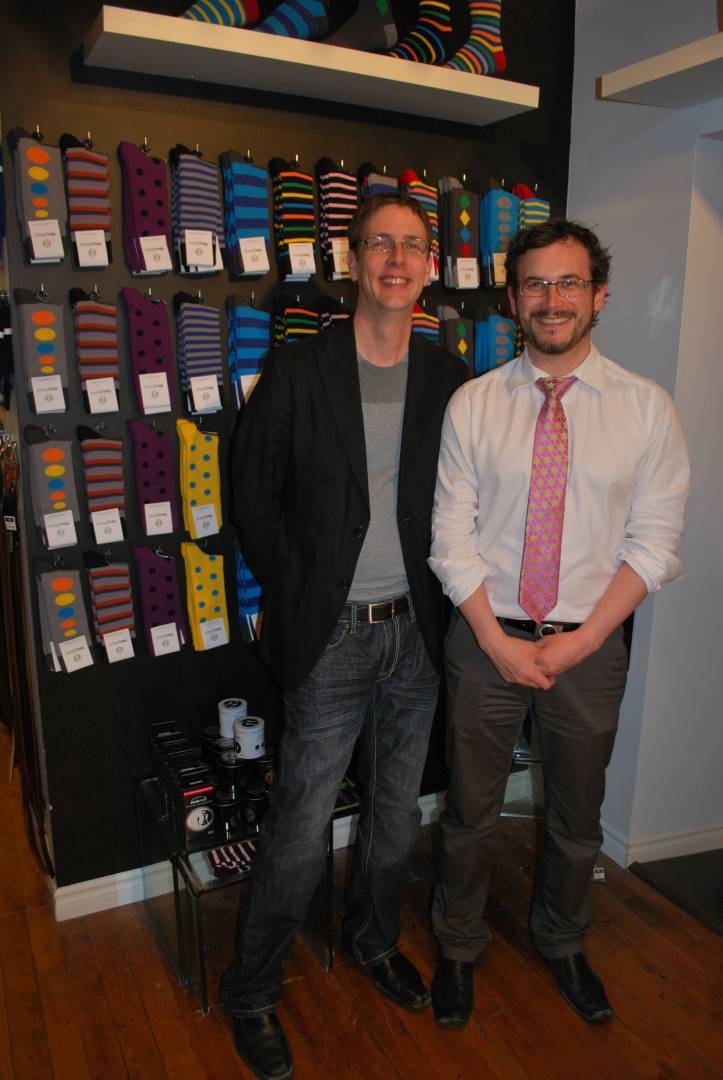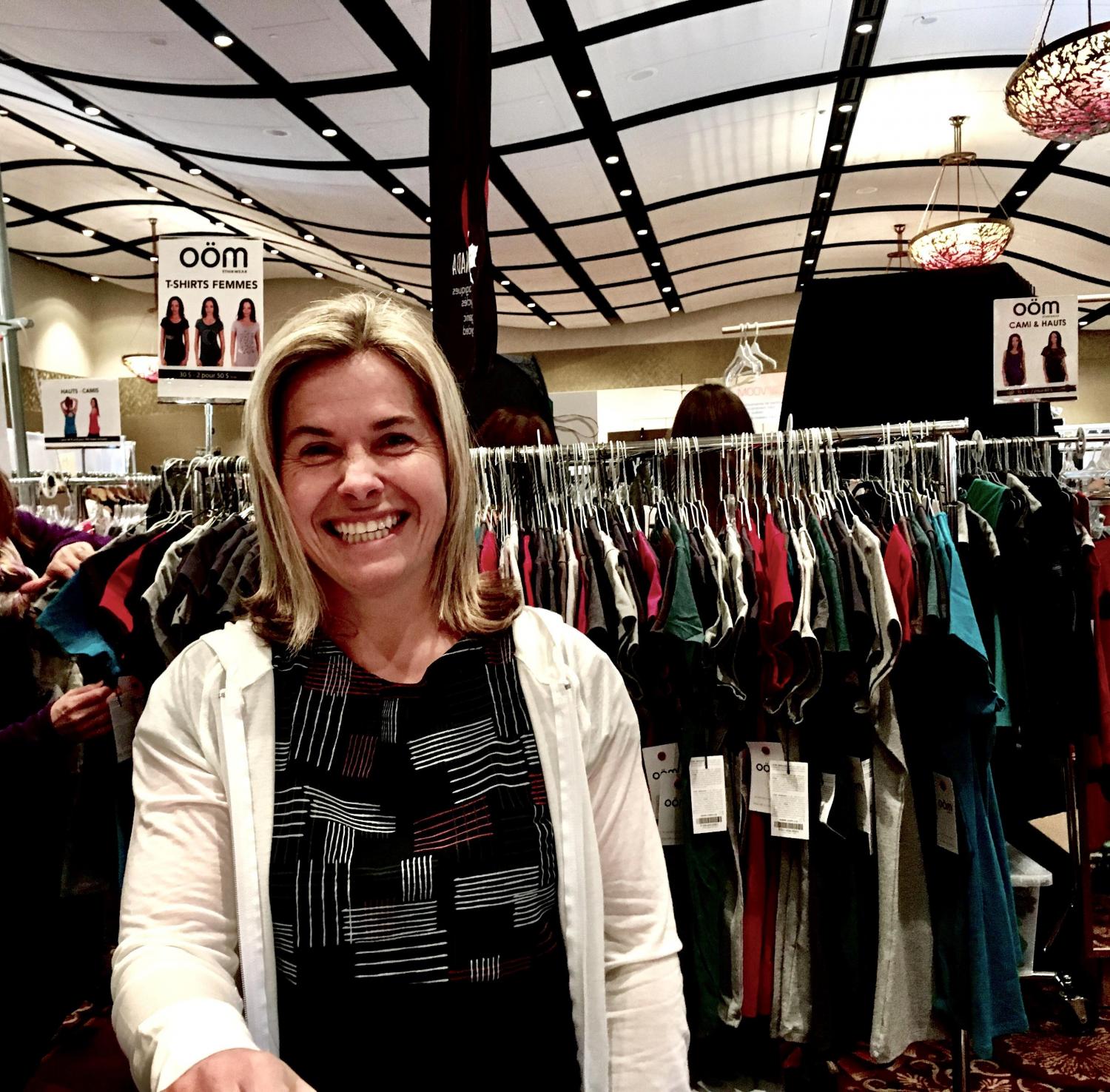
Quebec Designers Staying On Track With Eco Fashion
Photos by Emily Jefferies and Julie Beun
The huge Quebec Designers Fashion sale and showcase was on at the Hotel Hilton Lac Leamy in Gatineau this past weekend and then they moved onto Sherbrooke. Out of the sixty designers from Montreal and Quebec I was able to chat with three on the eco-forward trend and their thoughts on slow versus fast fashion.
Alyssa Beltempo, a stylist for Julie Beun Media, shared her opinions on the Eco fashion wave coming from Quebec designers.
Ottawa Life: What is slow fashion?
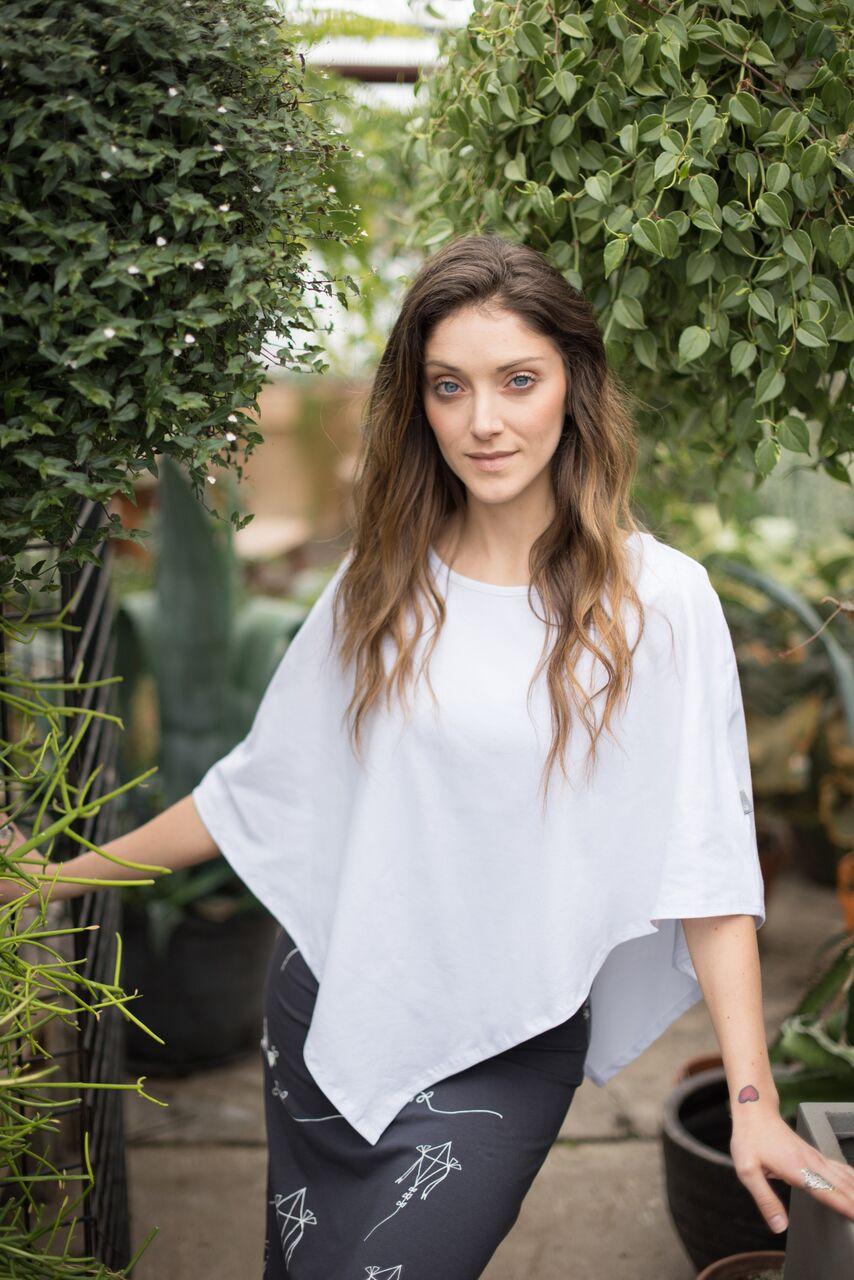 Alyssa Beltempo: Slow fashion is a movement that has sustainability at its core. It represents “eco”, “ethical” and “green” in one unified movement, and was first coined by Kate Fletcher, from the Centre for Sustainable Fashion. From a supplier/retailer perspective, slow fashion is about designers using processes and materials that are less harmful to the planet and garment workers, to offer quality, longer lasting garments. On the consumer side, slow fashion is about making more deliberate and conscious fashion choices. Consumers who have slow fashion values look for garments that have more wear power than the average fast-moving trend, either from a design or quality perspective. In showcasing Quebec designers, the braderie is a great opportunity for people in Ottawa and Gatineau to discover designs that stand the test of time.
Alyssa Beltempo: Slow fashion is a movement that has sustainability at its core. It represents “eco”, “ethical” and “green” in one unified movement, and was first coined by Kate Fletcher, from the Centre for Sustainable Fashion. From a supplier/retailer perspective, slow fashion is about designers using processes and materials that are less harmful to the planet and garment workers, to offer quality, longer lasting garments. On the consumer side, slow fashion is about making more deliberate and conscious fashion choices. Consumers who have slow fashion values look for garments that have more wear power than the average fast-moving trend, either from a design or quality perspective. In showcasing Quebec designers, the braderie is a great opportunity for people in Ottawa and Gatineau to discover designs that stand the test of time.
Why is Quebec leading the way?
In my opinion I believe that Quebec has always had a sense of maintaining their craft in their own locale. I think this is thanks to their strong sense of culture – now with "made in Canada" and "designed in Canada" being highly coveted labels, these Quebec designers showcased at the Braderie are even more desirable.
How come the trend is making a resurgence?
Social media means a transparent world, and consumers are being let into the back end costs of fashion – the biggest debtor being the environment and populations of developing economies. Slow fashion is an option to lessening our environmental footprint while still expressing our personal style.
Who is driving the bus on this?
I believe the millennial generation is the driver for this change – as consumers, we want to know that what we are buying is not only a representation of our personal style, but of our values as well. This is why the Braderie is such an awesome place to discover Quebec-based designers that have, for years, had a philosophy of quality craftsmanship.
Julie Rochefort, the founder of Message Factory and recent owner of OOM Ethikwear, sat down to talk about her story and thoughts on the industry.
Julie Rochefort: At the beginning of Message Factory, when we started creating and selling our eco bags, everyone was confused. They kept asking why. But I believe it is from their fast paced mentality. It’s important to slow down for the sake of our planet and children. And I keep my confidence-I must.
What materials do your brands use?
We only use organic products. The pieces are made locally from Montreal and la beauce in Quebec. We don’t use any plastic hangers or over-pack when transporting to other countries. We work with recycled polyester made from plastic bottles, and recycled wool and cotton, which is leftover and then transformed into new yarn.
What does slow vs fast fashion mean to you?
When I started twelve years ago, I said I wasn’t in the right environment in the industry. I was surrounded by appearance focus rather than how the fashion made people feel. We have our ten rules for happiness at Message Factory, and one of them is buy less. I always make sure to tell my customers “if you won’t wear it, don’t buy it. If you don’t need it, don’t buy it.”
Everyone has the power in them to make a difference even if it’s small. We just need to ask ourselves honestly “Do I need this?”. Again, when it comes to fast fashion- check where your pieces comes from. I went into a mass franchise the other day, picked up a supposed organic cotton t-shirt from Bangledesh, and it was five dollars. Who is not getting paid? And what is in it? We need to ask these questions when we buy. And our children need to be taught, for their future’s sake.
So bottom line is-choosing local and less is so important these days.
How small or big is your team?
Now we are twelve, and it goes up to twenty when we are in big production. We use to do two productions a year, and now it’s almost all year long because of how well our online sales are doing.
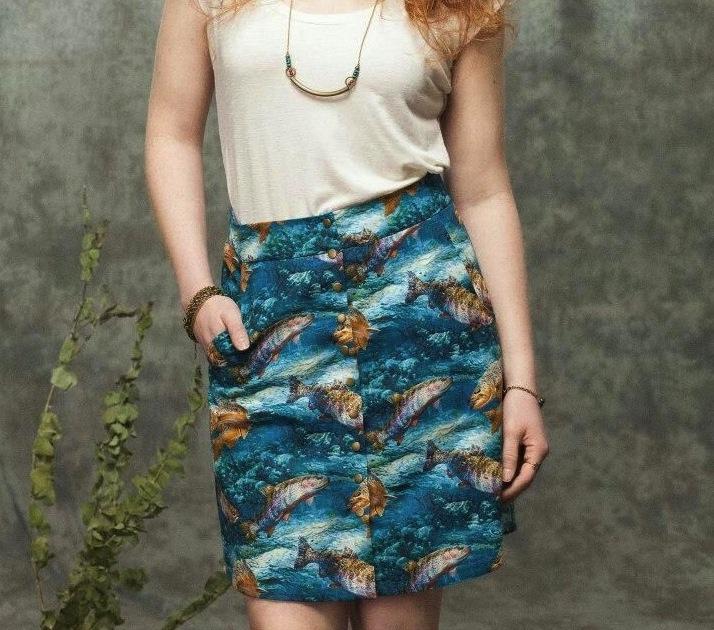 I was able to chat quickly via email with KAZAK’s designer Geneviève Paquette, who is currently in the states for work. She recycles pieces from artisans all over the world.
I was able to chat quickly via email with KAZAK’s designer Geneviève Paquette, who is currently in the states for work. She recycles pieces from artisans all over the world.
When did you start, and how did you decide on the name Kazak?
Geneviève Paquette: I started designing in 2006, creating for fairs and selling in a few stores for fun. Kazak really started in 2008 after my year and half in Mongolia and Asia. When I first started, I was making recycled fur hats inspired by the Kazakh people living in western Mongolia. Because I was going to Mongolia myself and was preparing that long trip by horse, I was surrounded by their aesthetic. The eagle hunters have a specific hat that was my main inspiration. When I came back from my trip and started the company, I decided to call it Kazak. Simple and defining.
How is your brand supporting the eco wave?
Well, it is truly local in the way that my material is all made in Quebec. Except of course for the fabric we gathered all along our travels, but those are mainly accents on the designs. The production is all made by hand at a small scale, with good materials to give the products durability in the vision of slow fashion.
I saw a few pieces from Vietnam and Colombia. Where else have you travelled, and do you collect mainly from street vendors?
I have traveled all over, in almost all of Asia, Europe and some parts of the Americas. When I started gathering the fabric for my designs, it seemed like the most logical things to do. For your brand to be the most genuine possible, it needs to gather every part of yourself and inspiration in life. On my side travels, eco-responsibility, creativity and community. To get the fabric, we would rent a motorcycle to be able to access the smallest villages and buy directly from the artisans. My husband is the motorcycle driver and loves these missions.
This way, you are not only helping a community economically, but you are also promoting traditional work and giving it pride.
While I was at the showcase, Geneviève’s assistant Pauline explained how all KAZAK’s products are mainly recycled from pants and coats, and their bags are made from recycled sofas.
These women are just a few of the many voices committed to ethical fashion, and are taking useful steps to help build a sustainable green future for us and for our children.
All information on the Braderie and the list of designers can be found at http://www.braderiedemodequebecoise.com/.

